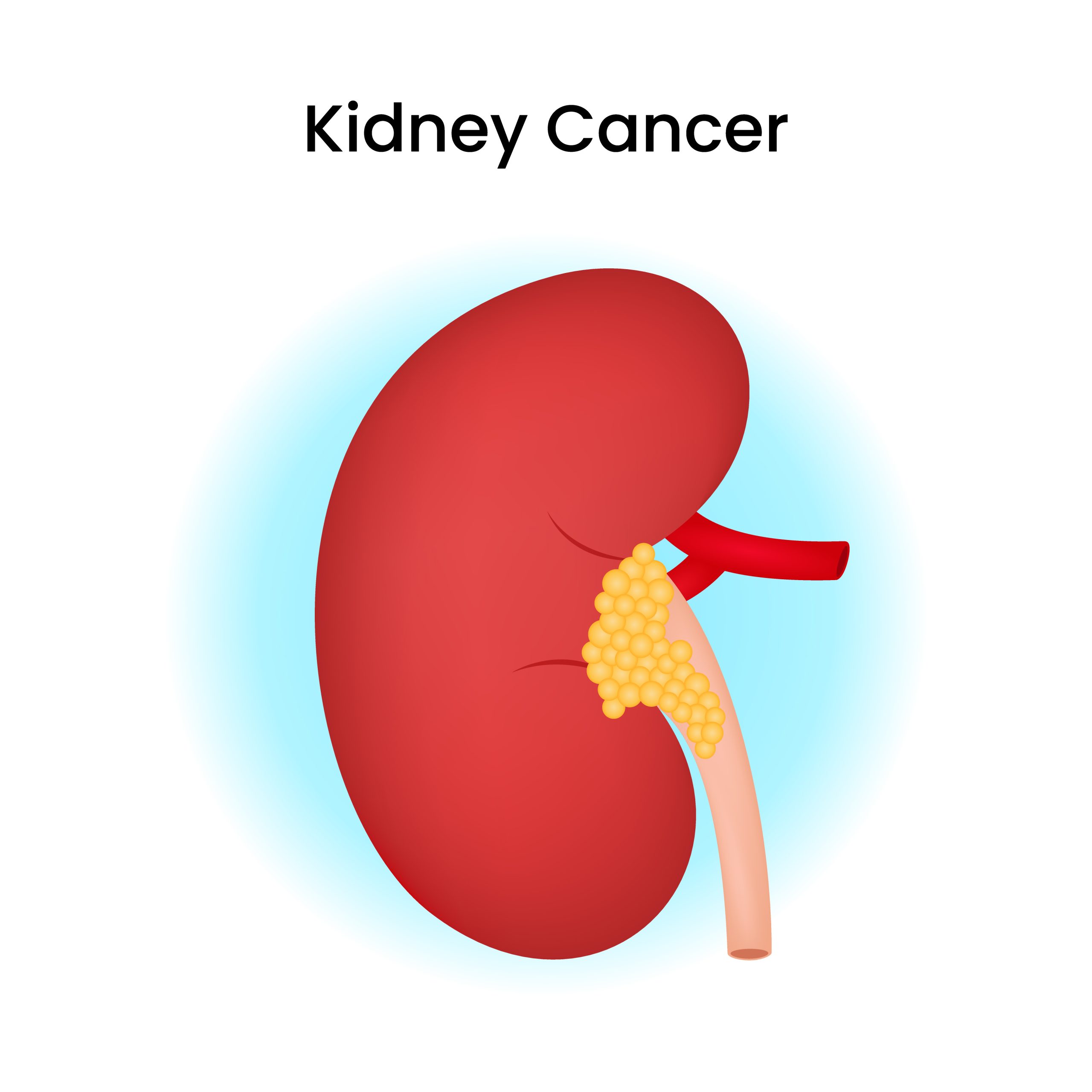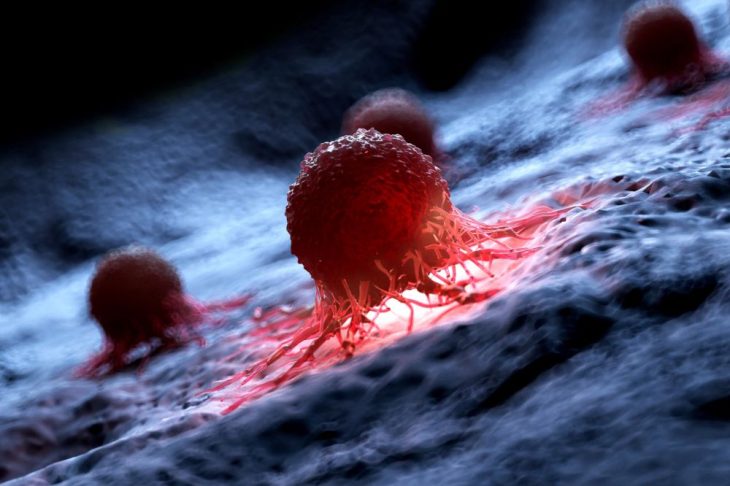
Understanding Kidney Cancer: Symptoms, Risks, and Treatment Options
Kidney cancer, also known as renal cancer, is one of the top ten most common cancers in both men and women. The primary function of kidneys is to filter and remove waste products from the blood and produce urine. When cancer develops in the kidneys, it can interfere with these essential functions and lead to severe health complications if not treated promptly. This comprehensive guide will delve into the symptoms, risk factors, and treatment options for kidney cancer, helping you understand how to manage or prevent this disease.
What is Kidney Cancer?
Kidney cancer begins when healthy cells in one or both kidneys grow out of control, forming a mass called a renal cortical tumour. Most kidney cancers first appear in the lining of tiny tubes (tubules) in the kidney. This type of kidney cancer is called renal cell carcinoma. It is the most prevalent kind of kidney cancer. Another less common type of kidney cancer is transitional cell carcinoma, which involves the renal pelvis.
Symptoms of Kidney Cancer:
Kidney cancer does not show symptoms in its early stages; however, it may become more apparent as the disease progresses. Kidney cancer symptoms include:
- Blood in the urine (hematuria): This is often the first sign of kidney cancer. The blood can be visible to the eye or microscopic.
- Persistent pain on one side of the back: This pain is usually constant and located below the ribs.
- A lump or mass in the kidney area: This can be felt on the side or the lower back.
- Unexplained weight loss: Losing weight rapidly without changes in diet or exercise can be a sign of kidney cancer.
- Fever and fatigue: These are general symptoms but can be persistent in kidney cancer patients.
- Swelling in the ankles and legs: As kidney function declines, fluid retention can lead to swelling.
Risk factors for Kidney Cancer:
Several factors can increase the risk of developing kidney cancer. These include:
- Age: Kidney cancer is more common in people over 60 years of age.
- Smoking: Tobacco use doubles the risk of kidney cancer. Chemicals in cigarettes can damage the kidneys.
- Obesity: Excess body weight may cause changes in hormones that increase the risk.
- High blood pressure: Hypertension can cause kidney damage, thereby increasing cancer risk.
- Family history of kidney cancer: A family history of the disease can increase one’s risk.
- Certain inherited syndromes: Conditions such as von Hippel-Lindau disease, hereditary papillary renal cell carcinoma, or Birt-Hogg-Dubé syndrome can increase cancer risk.
- Exposure to certain substances: Chronic exposure to trichloroethylene, used in some cleaning products, can elevate the risk.
Diagnosing Kidney Cancer:
Early detection of kidney cancer significantly improves the chances of successful treatment. Diagnostic methods include:
- Blood and urine tests: These can rule out other possible causes of symptoms.
- Imaging tests: Abnormalities in the kidneys are found using ultrasound, CT scans, PET scans, and MRI scans.
- Biopsy: A small sample of kidney tissue may be removed and examined under a microscope to confirm the presence of cancer cells.
Treatment options for Kidney Cancer:
The treatment for kidney cancer depends on the type, stage, and the patient’s overall health. Common treatments include:
- Surgery: This is the most common treatment for kidney cancer. Procedures might involve removing part or all of the kidney.
- Targeted therapy: These drugs target specific aspects of cancer cells that allow them to grow.
- Immunotherapy: This treatment uses the body’s immune system to fight cancer.
- Radiation therapy: Although not commonly used for kidney cancer, it may help control symptoms in later stages.
- Cryoablation and radiofrequency ablation: These treatments kill cancer cells by freezing or heating them.
- Chemotherapy: It includes treating cancer illness with anti-cancer drugs. Chemotherapy is not usually effective in treating kidney cancers, but it can be used to treat certain rare types of kidney cancers.
Preventing Kidney Cancer:
While not all cases of kidney cancer can be prevented, you can reduce your risk by:
- Quitting smoking: This is one of the most significant steps you can take to reduce your risk.
- Maintaining a healthy weight: Obesity is a clear risk factor for kidney cancer.
- Controlling high blood pressure: Managing your blood pressure can help reduce kidney stress.
- Avoiding exposure to toxic chemicals: Be cautious about exposure to harmful chemicals, whether in the workplace or at home.
Conclusion:
Understanding the signs, risks, and treatment options for kidney cancer can help you take proactive steps towards maintaining kidney health. Regular check-ups and healthy lifestyle choices are crucial in preventing this type of cancer or catching it early when it is most treatable. If you experience any persistent symptoms mentioned above, it’s advisable to consult a healthcare professional for a thorough evaluation.


